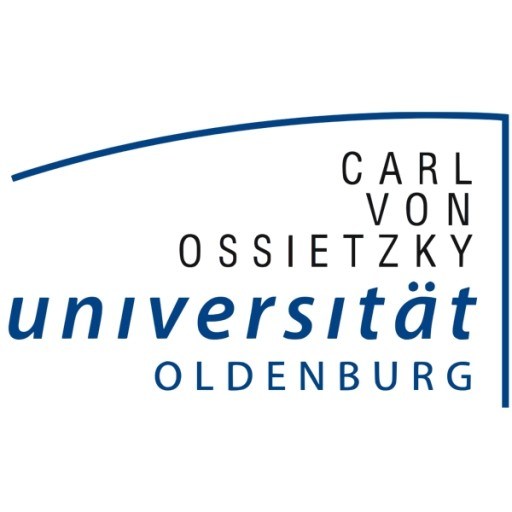As the programme is supported by the Deutsch-Französische Hochschule DFH (German-French University), students are eligible for mobility grants. As the tri-national BSc programme in physics has been integrated into the DFH academic portfolio, specially tailored German and French preparatory courses and language training courses are available.
Further information is available at: http://ci.physik.uni-saarland.de/index_de.php.
Educational organisation
Students on the SaarLorLux Bachelor's degree programme in Physics (SLLS-B) begin their studies at the Université de Lorraine in Nancy, France. During their first year, students will be taught the important fundamentals of the subject. Modules in experimental physics cover the areas: classical mechanics, electrodynamics and thermodynamics. The supplementary theoretical and mathematics courses supply the necessary theoretical background and mathematical knowledge needed for future studies. Problem-solving classes and practical lab courses help students gain a stronger grasp of the material being taught and provide them with an opportunity to discover physical principles by themselves.In the second year, students relocate to the Université du Luxembourg. Students consolidate and deepen what they learned in the first year and are introduced to the developments in physics in the 20th century. Students also take a course on the theoretical description of thermodynamics, and receive an introduction to numerical physics, in which computer algorithms are used to simulate and model physical descriptions of reality.
The third and final year of the Bachelor's degree programme takes place at Saarland University. Here students undertake special courses in experimental physics (solid state physics, nuclear and elementary particle physics) and in theoretical physics (quantum mechanics). In the field of applied physics, students carry out advanced practical and lab work (partly within departmental and faculty research groups). This work forms the basis for the final-year Bachelor's thesis, with students presenting the results of their projects in an oral presentation.
Students who have met all the academic course requirements will be awarded a Bachelor Physik from Saarland University, a Bachelor en sciences et ingénierie: spécialisation physique as well as a Licence en physique et chimie de la matière de la terre: spécialisation physique. Students also receive a common diploma supplement document.
Language courses are available throughout the three-year programme to help students improve their foreign language skills.
For further information, please visit: http://ci.physik.uni-saarland.de/index_de.php.
Study abroad unit(s)
Students on the programme spend the first year studying in Nancy, the second year in Luxembourg, and the third year in Saarbrücken.Forms of assessment
Exams, project work, final-year thesisCourse objectives
The course aims to:- provide students with a solid understanding of physics, including their chosen fields of specialisation
- acquaint students with contemporary research issues in physics
- prepare students for a Master's programme
- provide students with the skills needed to work internationally in an academic or industrial environment










